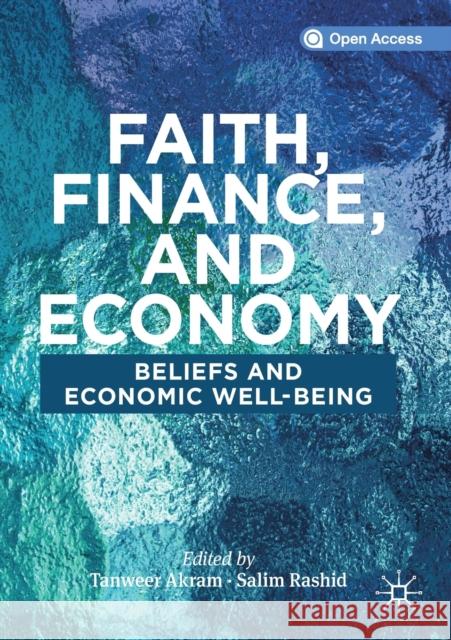Faith, Finance, and Economy: Beliefs and Economic Well-Being » książka
topmenu
Faith, Finance, and Economy: Beliefs and Economic Well-Being
ISBN-13: 9783030387860 / Angielski / Miękka / 2020 / 239 str.
Kategorie:
Kategorie BISAC:
Wydawca:
Palgrave MacMillan
Język:
Angielski
ISBN-13:
9783030387860
Rok wydania:
2020
Wydanie:
2020
Ilość stron:
239
Waga:
0.33 kg
Wymiary:
21.01 x 14.81 x 1.45
Oprawa:
Miękka
Wolumenów:
01
Dodatkowe informacje:
Wydanie ilustrowane











